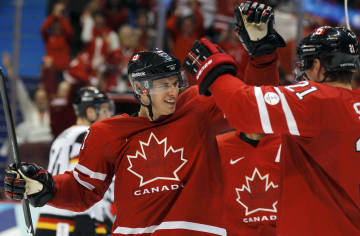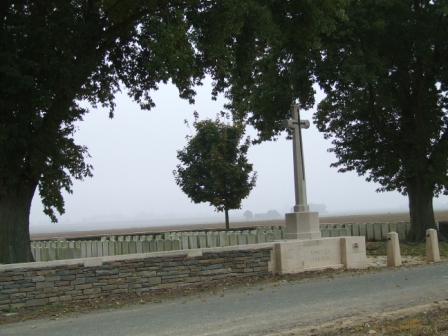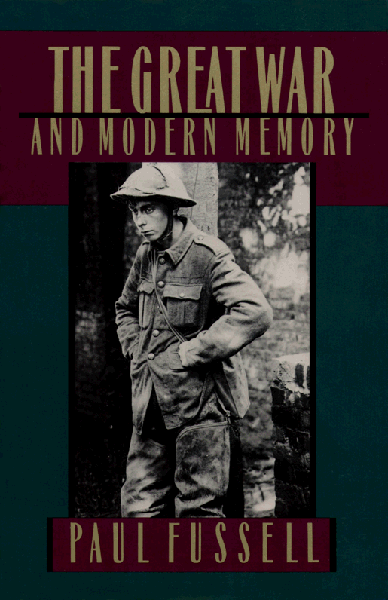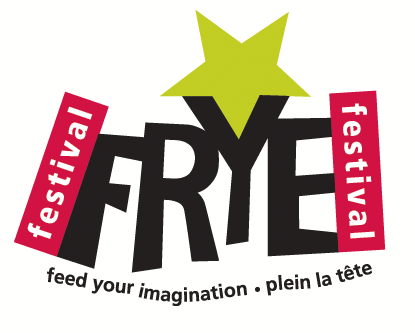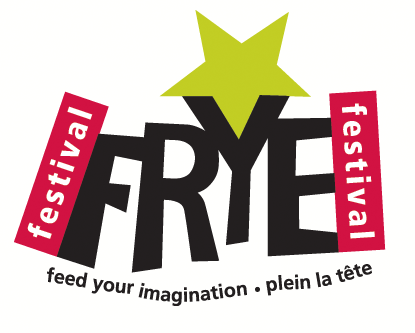Canada 3, USA 2 — In overtime
Monthly Archives: February 2010
Hockey Night (and Afternoon) in Canada
httpv://www.youtube.com/watch?v=lMf2fAXPS1Q
In all the excitement of a gold medal rematch between Canada and the USA today, it’s hard not to wring the last bit of lingering excitement from two longstanding hockey cliches: Paul Henderson’s winning goal against the Soviets in ’72 (above), and the American “Miracle on Ice” against the Soviets in ’80 (after the jump).
The Soviets. Cold War, Mutual Assured Destruction (or, the Strangelovian acronym, MAD), and perennial “strategic arms” negotiations — not to mention those recurring classic hockey “summits.”
Frye and War Literature
Manitoba Cemetery, Somme, France, where Frye’s brother Howard (killed in action 18 August 1918) is buried. It is worth noting that Canada’s last known First World War veteran died just this past week — John Babcock, who enlisted at age 15 and died aged 109.
Responding to Peter Webb’s post and a subsequent exchange in the Comments:
Peter, I don’t by any means think that Frye’s biography explains the general absence of attention to war stories in his writing, but his own painful experiences might have caused him to cast his glance elsewhere.
In 1944 he did review Joseph Schull’s I, Jones, Soldier, a narrative poem, about which he said: “describe[es] the thoughts in the mind of an officer just before zero hour. Jones is a sensitive soldier, and is not content to go into action with a merely physical integration; he wants a spiritual one, too, and some insight into the fundamental faiths which are the laws of his own being and consequently the causes of his being there. He reviews his military career up to that point with a good deal of detachment and humour, and rejects the ready-made formulas—patriotism, justice of one’s cause, product of a Depression generation, and the rest—with a sharp insight. When he gets down to his mental bedrock, he finds ‘one earth, one Man, one Truth’ [48]: perhaps in answer, though the poet does not say so, to the ‘Ein Reich, ein Volk, ein Führer’ with which he is challenged by his enemy. These are of course inarticulate ideas, and he talks very vaguely about them, but fundamental ideas usually are inarticulate, and the poem does not lose its narrative logic.”
Frye reviewed as well, also in 1944, Karl Shapiro’s V-Letter and Other Poems. Shapiro, Frye writes, “is not a ‘war’ poet: he is simply a poet who happens to be in the army, and because he is a poet patterns go on forming and metres go on clicking in his mind, regardless of what else is happening [vi]. Sometimes, of course, the war enters the poetry—most poignantly, perhaps, in the poem on the amputation [The Leg]—but on the whole Mr. Shapiro makes no attempt to ‘interpret’ the war to us by composing metrical editorials.”
I think the only time Frye glanced at war from the Nazi point of view was in his review of Ernst Jünger’s On the Marble Cliffs (reprinted in Northrop Frye on Modern Culture), but it’s clear that he doesn’t know quite what to make of Jünger’s allegory.
Saturday Night Bach
httpv://www.youtube.com/watch?v=hZ9qWpa2rIg
Brandenburg Concerto No. 3, first movement.
TGIF Extra: “Happy Black History Month”
httpv://www.youtube.com/watch?v=X6n1rnMKlcc
We should have done this earlier. From Second City.
TGIF: TPB (2)
httpv://www.youtube.com/watch?v=1W3c9dd2US0&feature=related
Is it wrong that I feel so proud to be Canadian while watching Trailer Park Boys?
Best of, part 2.
Latest Addition to the Denham Library
Thanks to the never ending efforts of the indefatigable Bob Denham, we have posted our latest addition to the Denham Library: a set of class notes for Frye’s English Literature 1500-1600, taken by Peter Evans in 1952-1953.
You can read them here.
(We remind you that our equally indefatigable tech wiz Clayton Chrusch is working his way through our growing library collection to correct incidental anomalies in the formatting of charts and columns.)
Peter Webb: “Northrop Frye, Paul Fussell, and the Anatomy of Canadian War Literature”
We have just posted Peter Webb’s “Northrop Frye, Paul Fussell, and the Anatomy of Canadian War Literature”. You can read it in the journal here.
Alvin Lee: “Northrop Frye’s Thoughts on Translation”
We are continuing to feature papers presented at the Frye Festival over the years. Here we are presenting General Editor of the Collected Works Alvin Lee’s opening remarks to a round table discussion on “Translation: Collaboration or Betrayal?”, delivered in 2002. It has also been added to the journal’s Frye Festival Archive here.
`Northrop Frye’s Thoughts on Translation’
Frye said some important things about translation from one langue to another. He also, in GC chapter 1, borrowed the French term langage, to help him see what kinds of things are expressible in all languages, and so need to be taken into account by all translators of les langues. I’ll try to identify some of what was involved for Frye in each of these two verbal areas.
By langue or ‘tongue’ Frye meant what you and I normally do when we distinguish English from French or Italian, or Hebrew from Greek or Sanskrit, or Chinese from Japanese and Korean. When we speak of language in this sense, we are indicating the words on the actual tongues of a particular people, as they live together and interact in words. Historically many such languages have come to be written down, though many more have not; and so some of the latter have disappeared—perhaps we should say they have never appeared. Most obviously a langue is a complex system of sounds. Frye realized that it is the sound-associations within a language that are the first casualty in translation, even though these `are of immense importance in building up linguistic responses.’ ‘The assonances between words of similar reference, the standard rhymes, the words of multiple meanings that allow for puns, these are all accidents, or, as philologists like to say, “pure” coincidences. Yet they make up a texture that enters into the mental processes of all native speakers of the language.’ This ‘texture, extending as it does to a dense mass of idioms that can often be translated only by a complete rephrasing of the original, helps to make language one of the most fragmented of all human phenomena.’(The Great Code, 4)
Given these facts, said Frye, ‘everyone concerned with language is aware of the extent to which reading a translation is a settling for the second best.’ (4)
News From the Frye Festival
Feeding imaginations for 11 years:
The Frye Festival announces its line-up of 2010 bestsellers!
Canada’s only bilingual international literary festival is heading into its second decade and has again attracted some of the world’s best authors to Moncton. The Festival unveiled its line-up today for the 2010 edition which will be held from April 19-25. These renowned authors will ALL meet with students in their classrooms and auditoriums; they will conduct workshops, participate in on-stage conversations, chat with booklovers in book clubs, and feed imaginations of all ages.
“The Frye Festival has grown and flourished in the last ten years thanks to our many partners, sponsors, volunteers, and a great team. We are set to enter this new decade on excellent footing,” says Festival Chair, Dawn Arnold. “We have been privileged to witness many memorable moments over the last ten years and literature has gained great grounds in our schools, among our youth, and throughout our entire community. There is truly something for everyone at this year’s Festival,” says Arnold.
A Great line-up
Thirty invited authors from Canada and France will take part in the event including three who are currently on national bestseller lists and two who are long-listed for the prestigious International IMPAC Dublin Literary Award.
Heading the bestseller list is Linden MacIntyre, author of the 2009 Scotiabank Giller Prize-winning novel The Bishop’s Man. MacIntyre will be joined on stage by Annabel Lyon and Nino Ricci for an evening of English Canadian literature, hosted by journalist and radio broadcaster, Noah Richler (author of This is My Country, What’s Yours?). Annabel Lyon won the 2009 Rogers Writers Trust Award for Fiction for her novel The Golden Mean and Nino Ricci’s most recent novel, The Origin of Species, earned him his second Governor General’s Award for Fiction.
As always, the Festival will feature local New Brunswick authors such as Beth Powning, author of The Sea Captain’s Wife, children’s authors such as Cary Fagan and Nancy Wilcox Richards, and poets such as Christian Bök, winner of the Griffin Prize for Poetic Excellence for his book Eunoia. Fred Stenson (The Great Karoo) and Steven Galloway (The Cellist of Sarajavo) are also among the invited authors.
On the Francophone side, bridging the two solitudes like no other living Canadian author is the award-winning novelist Daniel Poliquin. Poliquin’s novel A Secret between Us (Douglas & McIntyre 2007, short-listed for the Giller Prize) will be featured in a giant Community Read during the Festival. Daniel Poliquin is the author of nearly a dozen books in French and all have been translated into English. He is also the author of a book on René Levesque which has been nominated for a number of awards. The author is a noted literary translator himself, who has translated many important books into French, including works by Mordecai Richler, Jack Kerouac, and W.O. Mitchell.
Fans will surely be looking forward to meeting and hearing from Guy Gavriel Kay whose books have increasingly blurred the boundaries between history and fantasy. Other invited authors not to miss: Jungian analyst Craig Stephenson; children’s author and performer Jacob Berkowitz; novelist and creative writing professor Kathryn Kuitenbrouwer; folklorist and storyteller Kay Stone; and playwright and poet Robert Moore.
